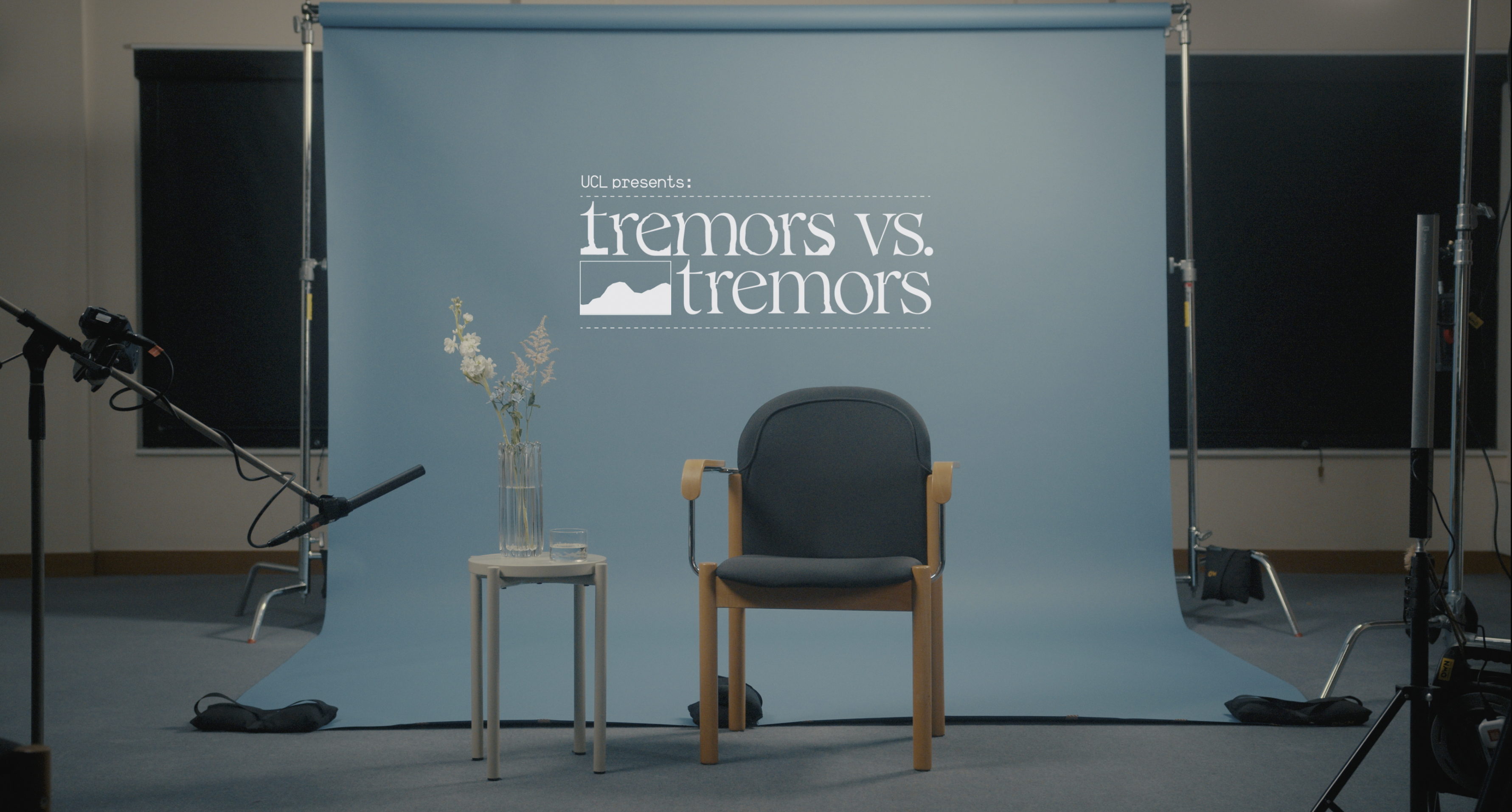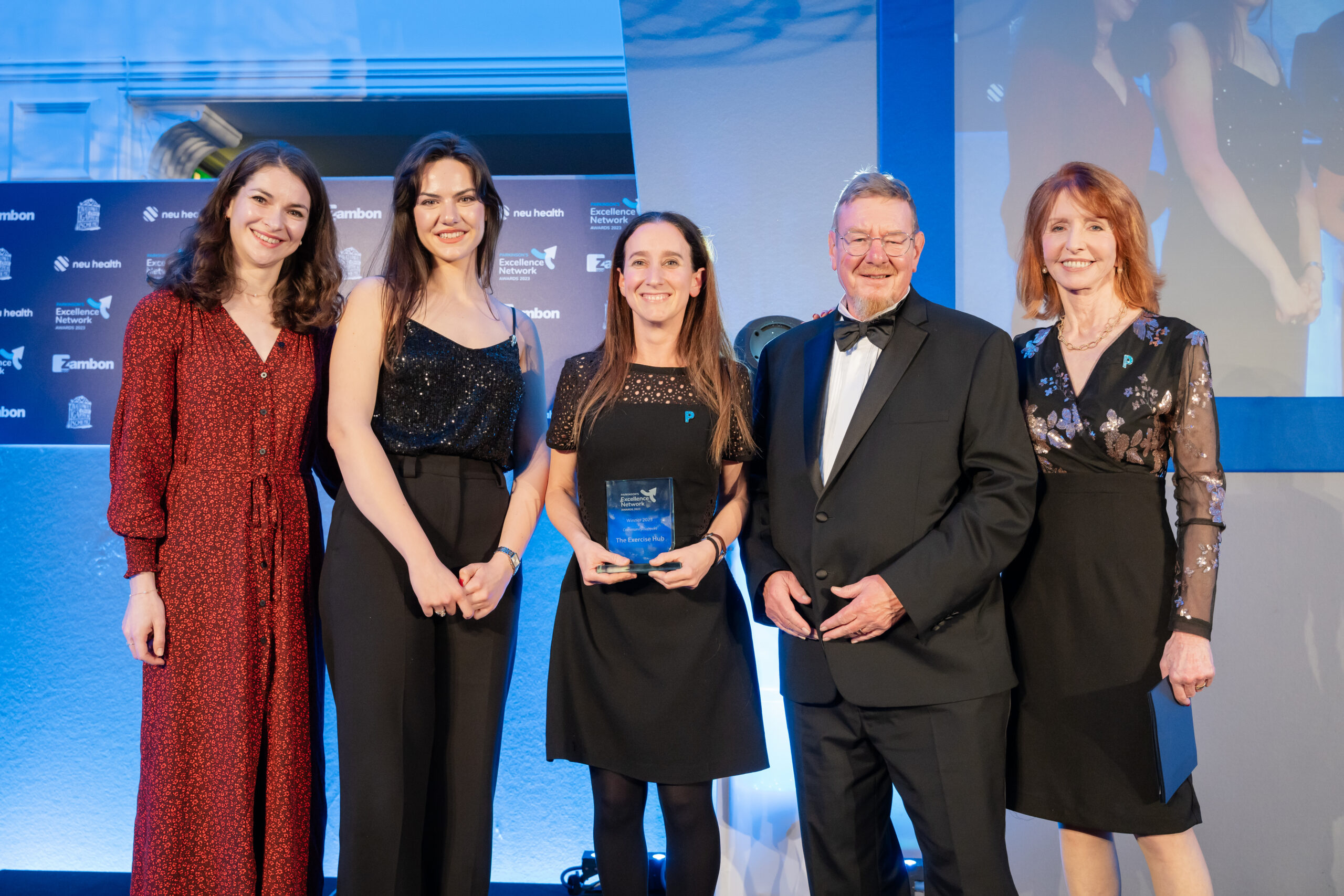New guidance on how to support young people during brain scanning co-developed with young people with epilepsy
The OPM Collaboration set out to raise the voice of young people with epilepsy. In partnership with Young Epilepsy, the project co-designed key elements of a new wearable brain scanning technology: OPM-MEG. Through the project, new insights and guidance have been published on how to better support young people with epilepsy during the brain scanning process of this emerging technology.
Optically Pumped Magnetoencephalography (OPM-MEG) is a new type of wearable brain scanning technology being developed at the Department of Imaging Neuroscience by Professor Gareth Barnes and his team. This innovative approach measures brain activity by recording the tiny magnetic fields produced in the brain.
Unlike current scanning methods, which require participants to remain very still, OPM-MEG allows people being scanned to continue to move about the scanning space. This makes it much more suitable for young people and people with complex needs.
The technology is particularly beneficial to people with epilepsy. OPM-MEG scans can help in the diagnosis and surgical planning for people with epilepsy by pinpointing areas of the brain causing the seizures.
As this technology is in development, the team had an exciting opportunity to co-design it to meet the needs of the young people who will be scanned. Engagement specialists, Creative Facilitator Hefin Jones and designer, Mark Lim from Chalk Studios, worked closely with the researchers to design a project that brought in the voice of the young people.
Over two years, this multi-disciplinary team worked with young people with epilepsy, their parents and guardians, along with wider experts to co-design:
- Fun, engaging and comfortable helmets to wear whilst being scanned
- Enjoyable activities to do during the scan
- Resources to explain the scanning process
Professor Gareth Barnes, Head of the MEG group at the Department of Imaging Neuroscience said:
“We’re very grateful to the young people and their parents who took part in this project; we were able to learn so much from them, and now we have clear directions both in terms of how we develop the scanning helmets themselves but also how to make the whole experience of being scanned just much more fun and accessible for these young people and their families.”
Rosemarie Pardington, Director of Integrated Care at Young Epilepsy, said:
“Everyone at Young Epilepsy is delighted with the outcome of this work and the insights of the young people and their families who participated. As a result of their enthusiastic engagement, we now have far greater confidence in how we develop this new diagnostic technology to ensure that it not only meets the needs of the clinicians but most importantly of the young people themselves. Having this vital feedback has helped us immensely and we are hugely grateful – Thank you.”
The project was launched online at a celebration event last week. Bringing together project partners and participants, the event featured a screening of the Project Film produced by film makers DURA FILMS.
Wrapping up the project Joanne Thomas, Public Engagement Coordinator and OPM Collaboration Project Lead said:
“Something that became very clear throughout the process was how much input the young people were able to have into this project. We’ve learned so much from the young people and their parents, and we have been able to develop engaging, meaningful ways to include young people more in research design going forward.”
You can find out more about the project, and discover the key insights and recommendations in the Project Report.
The project was funded through the Wellcome Enrichment Public Engagement Fund in June 2019.





